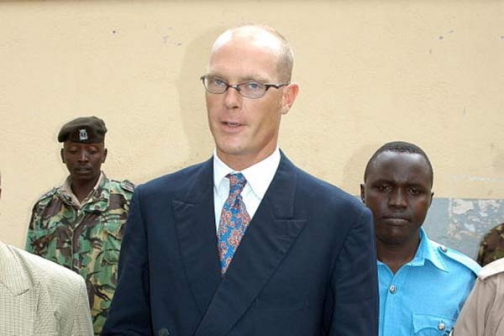×
The Standard e-Paper
Fearless, Trusted News

For many Kenyans, August has been considered a jinxed month since independence due to the trail of deaths among prominent Kenyans, including founding father of the nation, Mzee Jomo Kenyatta.
This year was no different. On August 17, controversial British aristocrat Tom Gilbert Cholmondeley died during a hip operation at Nairobi's MP Shah Hospital. His death was as sudden as it was unexpected, but perhaps did not elicit much mourning among Kenyans for the cloud of violence that seemed to surround him.